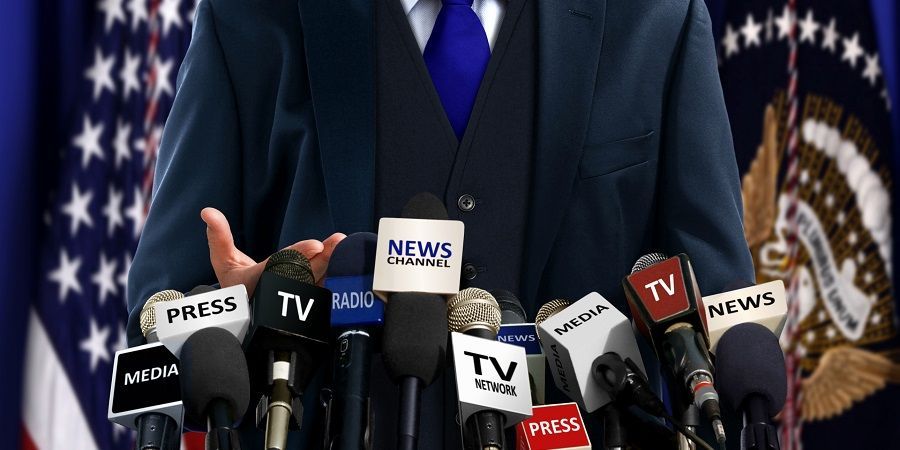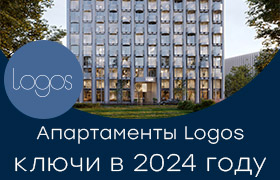Re-engaging Russia
The US and Russia each have much to gain from a thaw in relations. President Obama is right to have made arms control a priority Before the fall of communism, arms control was the yardstick by which all East-West relations were measured.

Before the fall of communism, arms control was the yardstick by which all East-West relations were measured. Soviet-US détente produced a series of agreements to cut back the huge nuclear arsenals of each superpower. But although the Cold War ended with the collapse of the Soviet Union, the nuclear stand-off remains. And the recent worsening in Russia's relations with the West, together with the expiry in December of the crucial 1991 Start pact to reduce nuclear warheads, has again made arms control a vital component of global security. It is an issue that President Obama now seems ready to tackle with an urgency not seen for two decades.
Russia and America still have 5,000 nuclear warheads each. Under the Start agreement, nuclear stockpiles were halved from the previous total 10,000 warheads. But Mr Obama now wants to negotiate a new treaty that would limit each side to around 1,000. His commitment to a new round of mutual reductions is not in doubt. In his inaugural address, he made arms reduction his third foreign policy priority, after Iraq and Afghanistan. And yesterday Hillary Clinton, his Secretary of State, and Sergei Lavrov, her Russian counterpart, began talks on fresh reductions and other key strategic issues.
Mr Obama has chosen his timing well. Vladimir Putin, Russia's powerful Prime Minister, has halted plans to deploy tactical missiles near the Polish border and recently spoke of “positive signals” from the Obama Administration. Mr Putin now wants to show a friendlier face - not because he is any less strident in his nationalism or from any softening in his determination to make Moscow's voice heard, but because Russia has suddenly found itself weak again.
Russia has been one of the great losers from the credit crunch. Its oligarchs have lost billions, the rouble has plunged precipitously, foreign reserves that were once the world's third largest have been much depleted, and the fall in the oil price has sharply cut Russian earnings. The swagger and arrogance that marked Russia's intervention in Georgia, its treatment of foreign investors and attitude to the outside world have gone. Moscow now needs better relations abroad while it deals with rising discontent at home.
Better relations between Moscow and Washington are also crucial to Mr Obama's other foreign policy priorities. US forces in Afghanistan are to be increased, but in recent months the supply chain through Pakistan has been disrupted by Taleban and Pakistani insurgents. Nato needs an alternative secure route. Bringing in supplies through Russia, however, is politically difficult as long as Nato's relations with Moscow remain fraught. There is scope, therefore, for each side to further its interests by compromise. Russia's main demand is for America to scrap its proposed missile shield to be deployed in Poland and the Czech Republic. It also wants a Nato retreat from the prospect of membership for Georgia and Ukraine. Mr Obama has already voiced scepticism about the first of these Bush policies (although Iran's launch of a missile may reinforce the call to build this shield); and Nato has recently put further expansion on ice.
Russia, however, must now modify its stance elsewhere, especially in the UN Security Council. Its obstruction of tougher sanctions against Iran and Zimbabwe has had no policy basis except that of pique and the wish to repay the West for imagined slights. Moscow has as much interest as anyone in preventing Iran developing nuclear weapons, and should now make this amply clear to Tehran. It has no need to court the dictator in Zimbabwe. Nor does an alliance with Venezuela make sense. Changes here, and talks on nuclear weapons, would do much for both Russia and America as well as advancing global security.














